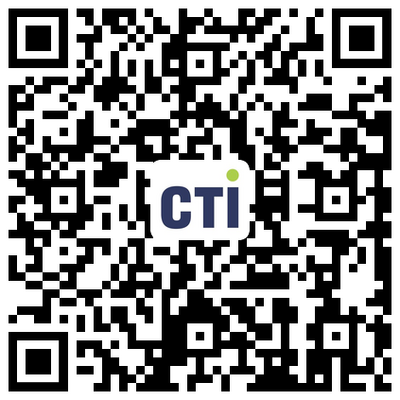- Home
- About CTI
- Our Services
- Investor Relations
- CTI Mall
- Resource Center
- Reports Validation
- Join Us
-
 Overview
Overview
Centre Testing International Group Co., Ltd. (CTI) is a market leader in testing, inspection, certification, calibration, audit, training & technical services; building trust between governments, enterprises, and consumers.
-
 Sustainability
SustainabilitySustainability is deeply rooted in CTI’s business model, by delivering science-based solutions and verification services, to increase transparency and traceability throughout the global value chain. CTI is a proponent of carbon neutrality and sustainable development.
-
 Our service
Our serviceCentre Testing International Co., Ltd. (CTI) is the pioneer and leader in the TIC Industry which provides one-stop solutions on testing, inspection, certification, calibration, audit, training & technical services.
-
By Industry
Our service capabilties cover the upstream and downstream of the supply chain including textile and apparel,toys,electronic appliances,medical health,food...andother industries.
-
 Environment
Environment
-
 Raw Material & Fuel Chemicals
Raw Material & Fuel Chemicals
-
 Textiles, Apparel, Footwear & Accessories
Textiles, Apparel, Footwear & Accessories
-
 Food & Agricultural Products
Food & Agricultural Products
-
 Cosmetics, Personal Care & Household Chemicals
Cosmetics, Personal Care & Household Chemicals
-
 Building Materials&Construction Engineering
Building Materials&Construction Engineering
-
 Electronic & Electrical Appliances
Electronic & Electrical Appliances
-
 Toys, Furniture & Home Decoration
Toys, Furniture & Home Decoration
-
 Industrial Equipment & Manufacturing
Industrial Equipment & Manufacturing
-
 Rail & Aviation
Rail & Aviation
-
 Automotive & Spare Parts
Automotive & Spare Parts
-
 Pharma and Medical Services
Pharma and Medical Services
-
 Maritime Vessel Compliance Testing
Maritime Vessel Compliance Testing
 By Industry
By IndustryOur service capabilties cover the upstream and downstream of the supply chain including textile and apparel,toys,electronic appliances,medical health,food...andother industries.
-
-
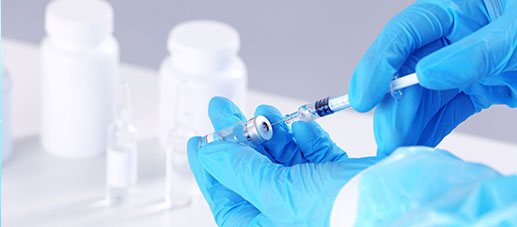 Specialty
SpecialtyComprehensively guarantee quality and safety, promote compliance and innovation, demonstrate brand competitiveness, and achieve higher quality, healthier, safer, and greener sustainable development.
-
 Management
ManagementWe have established a clear governance structure in accordance with listing requirements and national regulations and policies to deal with internal and external challenges and achieve sustainable development.
-
 Information DisclosureWe are committed to establishing normal and effective two-way communication with shareholders and investors. We have established a complete information disclosure mechanism to convey information to shareholders in a timely manner.
Information DisclosureWe are committed to establishing normal and effective two-way communication with shareholders and investors. We have established a complete information disclosure mechanism to convey information to shareholders in a timely manner.
-
 Talents Policy
Talents PolicyEnsuring the basic rights and benefits of employees;
Providing professional skills training to promote employees’ growth;
Carrying out various kinds of activities to balance employees’ work and life.
-
 RecruitmentWelcome to join CTI family! We are providing a platform for you to show your talents and achieve your career aspiration.
RecruitmentWelcome to join CTI family! We are providing a platform for you to show your talents and achieve your career aspiration.
- Resource Center
- Application Forms
- Bulletin
- Training Center
- CTI Academy
- Reports Validation

QUALITY & VALUE
All types of packaging intended for the European and American markets must comply with the requirements of the relevant regional packaging regulations. CTI can provide testing services related to European Union and U.S. packaging regulations, as well as offer risk analysis for packaging material management and guidance on management system implementation.
- Consulting quotation
- Online shopping mall

Service Challenges:
What specific regulations are in place to control packaging materials in Europe and America?
What specific hazardous substances are regulated in packaging materials?
Service Background
EU Packaging Regulation (Directive):
The EU Packaging Regulation (EU) 2025/40, also known as the Packaging and Packaging Waste Regulation (PPWR). This regulation entered into force on February 11, 2025, and will fully apply from August 12, 2026. The Packaging and Packaging Waste Directive (94/62/EC) will be repealed from August 12, 2026, with some exceptions. All packaging and packaging waste placed on the EU market, regardless of material used, whether such packaging used in or packaging waste originates from industry, commerce, offices, shops, services, households, or other places, must comply with the requirements of the PPWR.
US TPCH:
In 1992, the Coalition of Northeastern Governors (CONEG) established the Toxics in Packaging Clearing House (TPCH), which is dedicated to promoting the Model Toxics in Packaging Legislation to U.S. states and supporting and coordinating the implementation of these regulations. Currently, the TPCH requirements have been adopted by 19 states across the U.S., and they apply to the entire packaging supply chain, including manufacturers, suppliers of packaging and packaging components, and producers or distributors of products using packaging.
Initially, TPCH regulated only four heavy metals: lead, cadmium, mercury, and hexavalent chromium. In February 2021, TPCH updated its Model Toxics in Packaging Legislation, adding restrictions on per- and polyfluoroalkyl substances (PFAS) and phthalates. Given the wide influence of this model law in the U.S., packaging for products exported to the U.S. is generally required to comply with requirements.
Evaluation criteria
EU Packaging Directive 94/62/EC, EU Packaging Regulation (EU) 2025/40, EU REACH Regulation, EU POPs Regulation, EU Food Contact Materials Regulation EC (No) 1935/2004, US TPCH
Test items and limits
|
Region |
Regulation |
Item |
Implementation Date |
Applicable Packaging Types |
Applicable Materials |
|
EU |
EU Packaging Directive 94/62/EC EU Packaging Regulation (EU) 2025/40 |
The total concentration of lead, mercury, cadmium, and hexavalent chromium is ≤ 100ppm |
Current |
Packaging and packaging components |
All materials |
|
EU Packaging Regulation (EU) 2025/40 |
Targeted PFAS substances (polymeric PFAS excluded) < 25 ppb; Sum of targeted PFAS substances including prior degradation of precursors (polymeric PFAS excluded) < 250 ppb; Total concentration of PFASs (including polymeric PFAS) shall not exceed 50 ppm (total fluorine not exceeding 50 mg/kg) |
August 12, 2026 |
Food contact packaging |
Materials other than metals, inorganic glass, and ceramics |
|
|
EU Regulation on Food Contact Materials EC (No) 1935/2004 |
Migration of hazardous substances |
Current |
Food contact packaging |
All materials |
|
|
EU REACH Regulation |
SVHC and Annex XVII |
Current |
Packaging and packaging components |
All materials |
|
|
EU POPs Regulation |
Annex I - Prohibited substances |
Current |
Packaging and packaging components |
Materials other than metals, inorganic glass, and ceramics |
|
|
USA |
TPCH Model Toxics in Packaging Legislation |
The total concentration of lead, mercury, cadmium, and hexavalent chromium is ≤ 100ppm |
Current |
Packaging and packaging components |
All materials |
|
TPCH Model Toxics in Packaging Legislation |
Total concentration of phthalates ≤ 100 ppm |
Current |
Packaging and packaging components |
Materials other than metals, inorganic glass, and ceramics |
|
|
TPCH Model Toxics in Packaging Legislation |
Prohibition of per- and polyfluoroalkyl substances (PFAS) |
Current |
Packaging and packaging components |
Materials other than metals, inorganic glass, and ceramics |
Solution
Testing for EU Packaging Regulation (Directive) and TPCH Restricted Substances
Material Risk Assessment
Internal and Supplier Compliance Training and Consulting Services
Our Strengths
CTI has many advanced equipments and has passed CMA/CNAS qualification accreditation, the test data is accurate and reliable, and the test report has international credibility.
The scientific laboratory information management system ensures the efficient operation of each service link.
The technical expert team has rich practical experience and can provide professional, rapid and comprehensive one-stop service.
The service network is all over the world, and many first-line brands designate cooperative laboratories.
FAQ
Q1: Can the EU Packaging Directive (94/62/EC) test for packaging materials also cover the report on the four regulated heavy metals under the U.S. TPCH?
Yes, it can. The heavy metals and their respective limits regulated by both the EU Packaging Directive and the TPCH are identical. However, it is important to note that while the requirements are the same, the regulatory focus in different regions typically references local standards. The EU Packaging Directive references the European Standard IEC 62321 for testing. If TPCH requires reference to this data, it is necessary to confirm that the buyer accepts this test method.
Q2: Are there specific lists of PFAS substances regulated by the EU Packaging Regulation and phthalates and PFAS substances regulated by the U.S. TPCH?
The EU Packaging Regulation and the U.S. TPCH Model Toxics in Packaging Legislation only provide definitions for PFAS substances and phthalates, but do not list specific substances.
Q3: What is the situation regarding sample quantity and testing cycle?
Due to the varying testing items applicable to different packaging products and materials, please consult the CTI Service Window for each test cycle.
- About CTI
- Our Services
- Investor Relations
- CTI Mall
-
Resource Center
- Application Forms
- Bulletin
- Training Center
- CTI Academy
- Reports Validation
-
Join Us
- Talents Policy
- Recruitment


























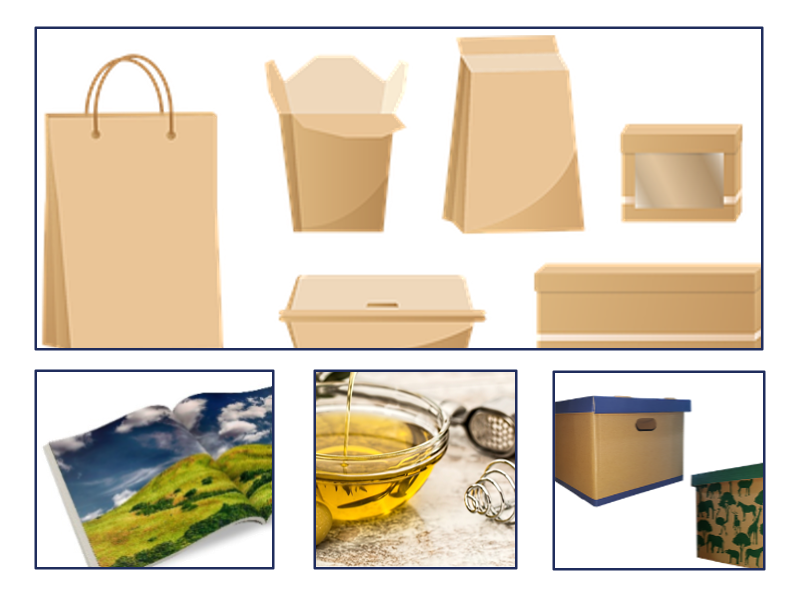






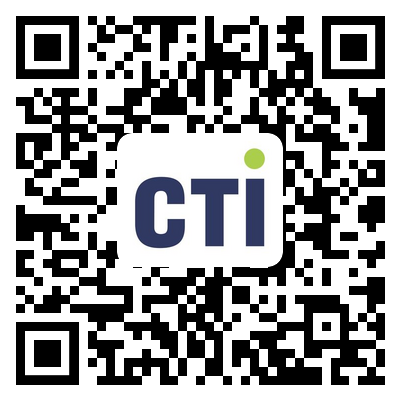
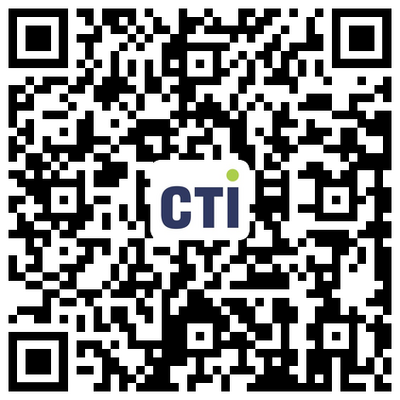
 粤公网安备 44030602000441号
粤公网安备 44030602000441号 